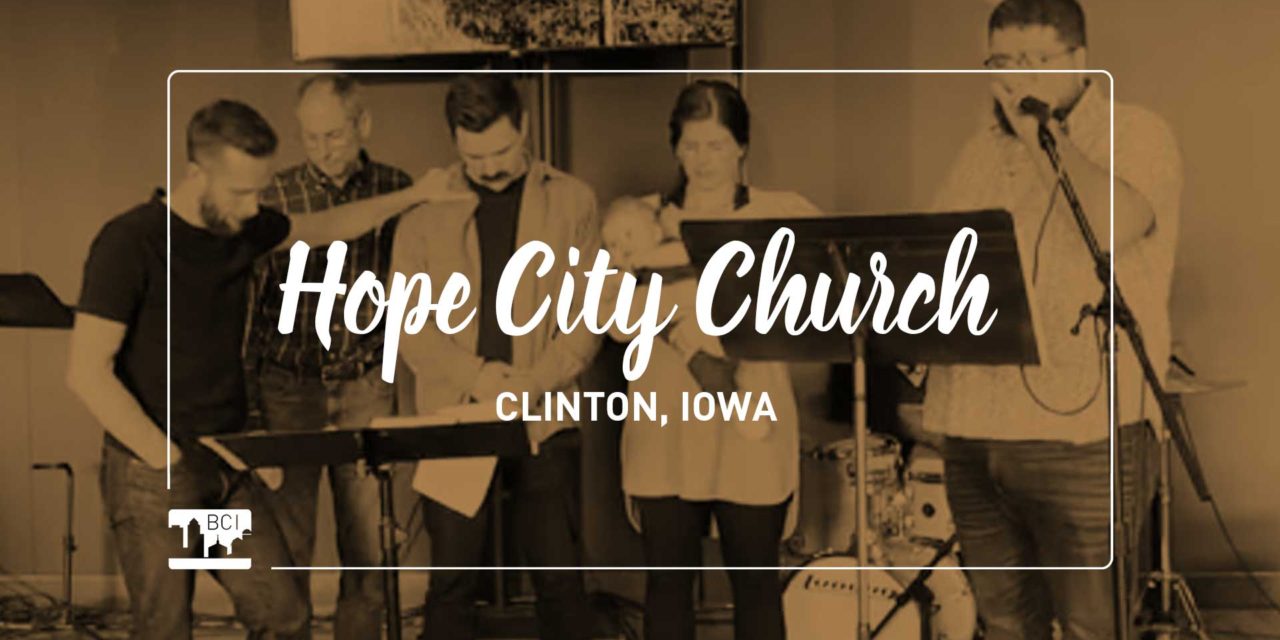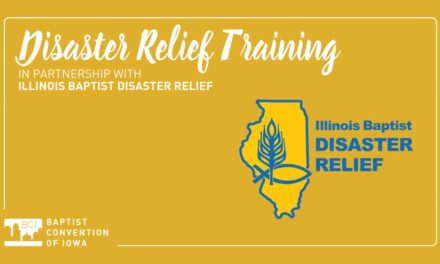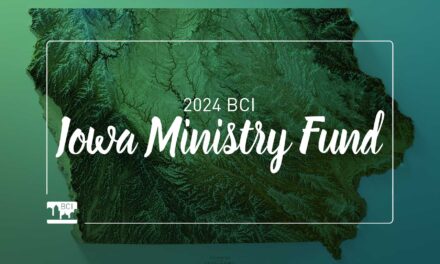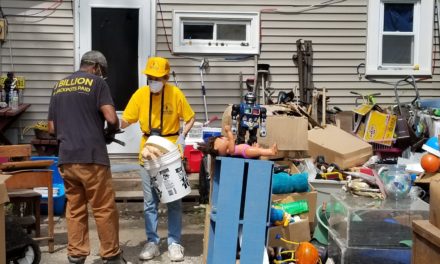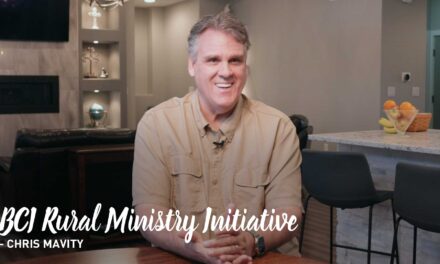Seeking the Living Among the Dead: Church Planting and Cemeteries
In July, Nick and Holly Powell moved to his hometown of Clinton to plant a Hope City Church. When he got there, one of the first things he did was join a group called “The Friends of Clinton, Iowa Cemeteries.” This group has a simple mission—Keeping the town’s cemeteries beautiful.

Why would he seek the living among the dead?
It is because Nick understands something about the incarnation of Jesus and the Great Commission that many of us forget. Jesus said he came to seek “that which was lost,” as recorded in Luke 19:10. That mission most certainly focused on his lost sheep, but he is also reconciling all things to himself, as Paul writes in Colossians 1:30 and 2 Corinthians 5:19.
Jesus calls us to a holistic, both/and mission. We preach Christ and do good works. We make disciples and serve our neighbors. We meet spiritual needs and physical needs. As exiles, we seek the welfare of our cities (Jeremiah 29:7).
Let’s think about how Nick serving on a cemetery preservation board might do just that.
1. Nick affirms the city’s dignity.
Too often, church leaders present their mission in a way that over-emphasizes the brokenness of the community. This can foster an us against them posture instead of an us for them posture. By caring for a forgotten piece of the city, Nick is saying, “Clinton and its history matter.” Nick and his church aren’t there to tear down and build new. He is validating what is and finding ways to bring vitality where it is lacking.
2. Nick takes his neighbors cares seriously.
What would’ve happened if Nick heard his neighbors talking about the cemeteries and said, “I understand your concerns about honoring the dead, but you should really be thinking about where you’ll go when you die,”? Do you think he would’ve been received as one who is seeking their good? Of course, an individual’s eternity is a more important issue, but we’re on a both/and mission with Jesus. By caring about their temporal concerns, Nick is showing them a savior who will bear all their burdens—large ones like their salvation and their griefs over lost loved ones.
3. Nick acts on the city’s behalf.
It is right to preach about the welfare of your city, but it is honorable to act on its behalf. On the Hope City Church website, Nick declares, “We long to belong to our community in such a way that our presence would bring flourishing to the Clinton community.” That statement is bold, but is only compelling to if the church shows up. Shows up to renew deteriorating cemeteries. Shows up to care for the poor. Shows up to celebrate the high school basketball team winning at regionals. Shows up when there are losses to grieve.
When Jesus took on flesh and dwelt among us, he showed us that his creation had dignity worth redeeming. When Jesus showed compassion to the hungry, poor, and outcast, he took our cares seriously. Jesus preached many things, but he also went to the cross, acting upon the behalf of his people. Then he instructed us to go likewise, teaching others all that he commanded us.
That is the missional heart of God that begets church planting and animates leaders like Nick Powell. You don’t have to restore cemeteries to be a good missionary, but you have to care and you have to show up.
How can you affirm the dignity of your community?
How can you enter into the cares of your neighbors?
How can you act on behalf of your city?
Please pray for Nick, Holly, and their three daughters as they seek “the glory of Jesus and the joy of Clinton.”
Read more about Nick’s work with Friends of Clinton, IA Cemeteries.
Have a BCI church story to share?
We love to share stories of BCI churches and draw attention to the work God is doing in our convention. Submit your story using the online form.

